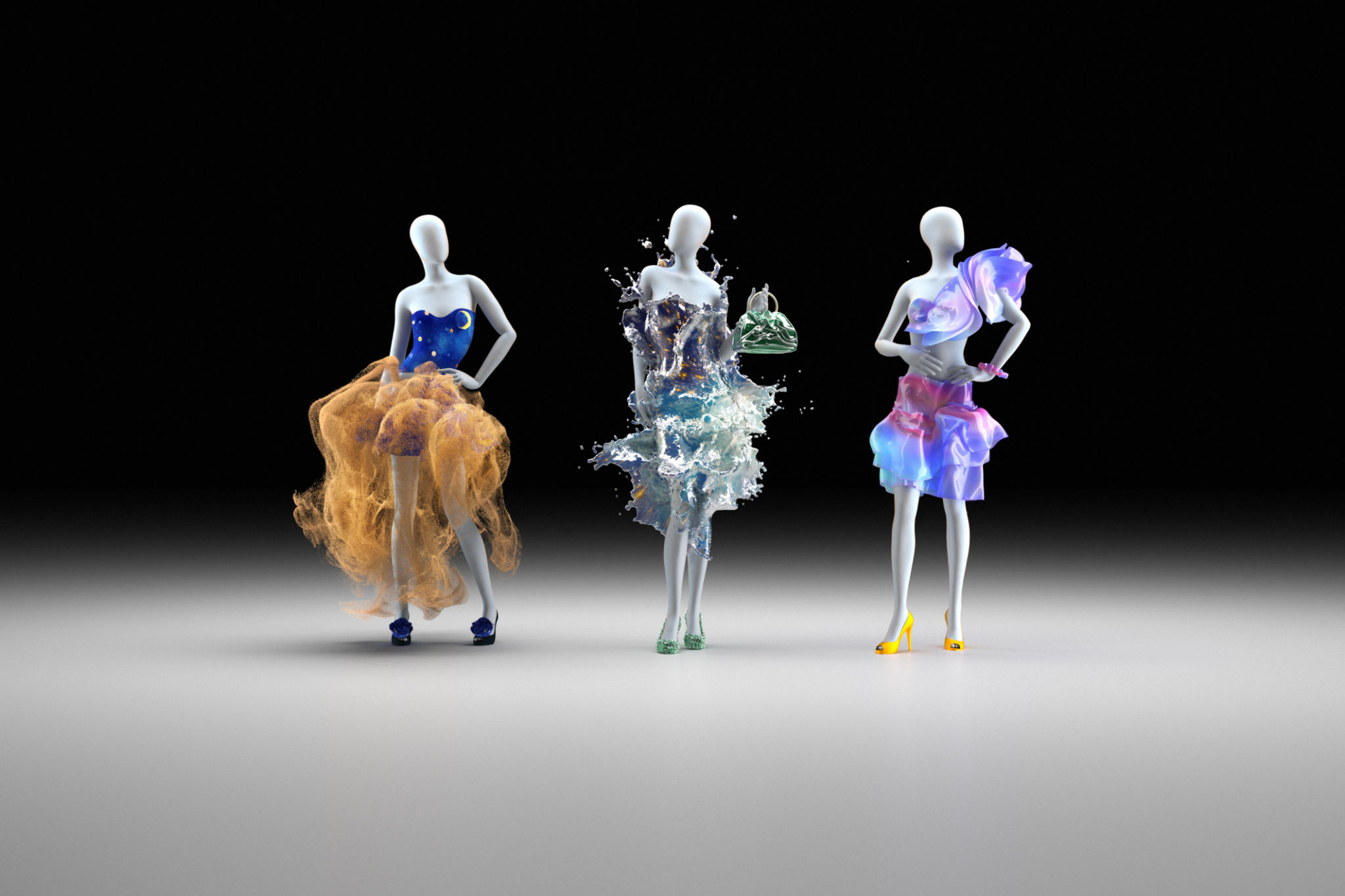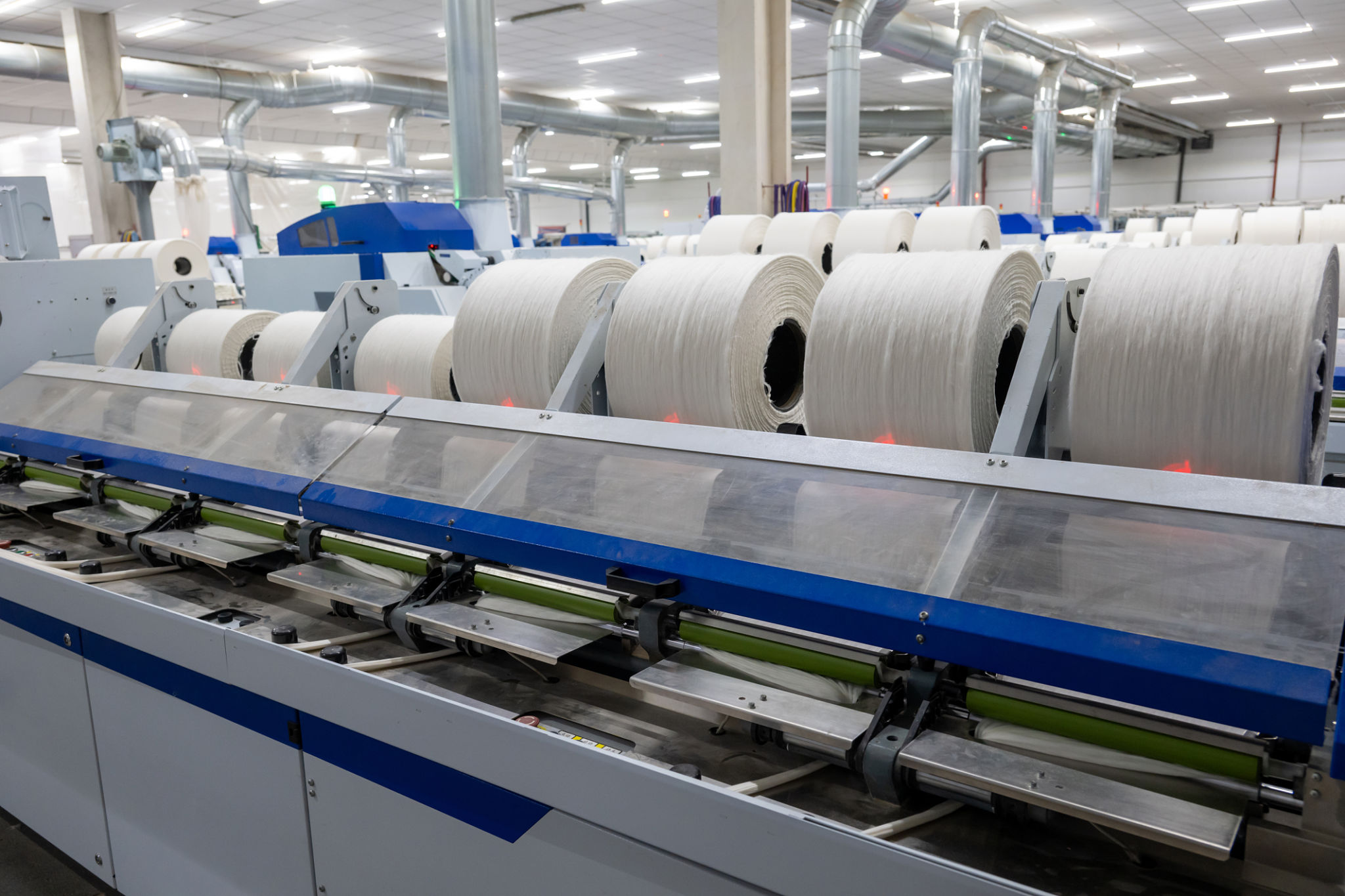The Role of Technology in Modern Fashion Manufacturing
Fa
Introduction to Technology in Fashion Manufacturing
The fashion industry has always been a dynamic realm, constantly evolving with trends and consumer demands. In recent years, the integration of technology has dramatically transformed the way fashion is manufactured. From design to production, technology plays a crucial role in enhancing efficiency, sustainability, and creativity in the fashion world.

Advanced Design Tools
One of the most significant impacts of technology in fashion manufacturing is the use of advanced design tools. Designers now leverage computer-aided design (CAD) software to create detailed and precise digital sketches. These tools allow for quick iterations and adjustments, enabling designers to explore a multitude of styles and patterns without the need for physical prototypes.
The ability to visualize designs in 3D further enhances the creative process. This not only saves time but also reduces waste, aligning with the industry's push towards sustainability.

Automation in Production
Automation has become a cornerstone of modern fashion manufacturing. The use of robotics and automated machinery in production lines significantly speeds up the manufacturing process while reducing human error. Tasks that were once labor-intensive, such as cutting fabric and sewing, are now efficiently handled by machines.
Moreover, automation enables manufacturers to produce garments at scale, meeting the demands of fast fashion without compromising on quality. This shift allows companies to remain competitive in a rapidly changing market.

Smart Textiles and Materials
Innovations in materials science have led to the development of smart textiles, which are fabrics integrated with technology to offer additional functionalities. These textiles can be used to monitor health, regulate temperature, or even change colors based on environmental conditions.
The integration of smart textiles into fashion not only enhances the functionality of garments but also opens up new possibilities for designers to experiment with interactive fashion.

Sustainable Manufacturing Practices
Technology plays a pivotal role in promoting sustainability within fashion manufacturing. With the aid of technology, manufacturers can now track and optimize resource usage, minimizing waste and reducing the industry's environmental footprint.
Recycling and upcycling technologies have also emerged, allowing old garments to be transformed into new products. This approach supports a circular economy, where resources are continuously reused rather than discarded.
Supply Chain and Inventory Management
Efficient supply chain management is essential in fashion manufacturing, and technology has made significant strides in this area. Advanced software solutions enable real-time tracking of inventory, ensuring that manufacturers can respond swiftly to changes in demand.
These tools also facilitate better communication and collaboration across the supply chain, from raw material suppliers to retailers, ensuring a smooth and efficient manufacturing process.

Conclusion
The role of technology in modern fashion manufacturing cannot be overstated. It has revolutionized every aspect of the industry, from design and production to sustainability and supply chain management. As technology continues to advance, it will undoubtedly unlock new opportunities and challenges for the fashion industry, paving the way for a more innovative and sustainable future.
